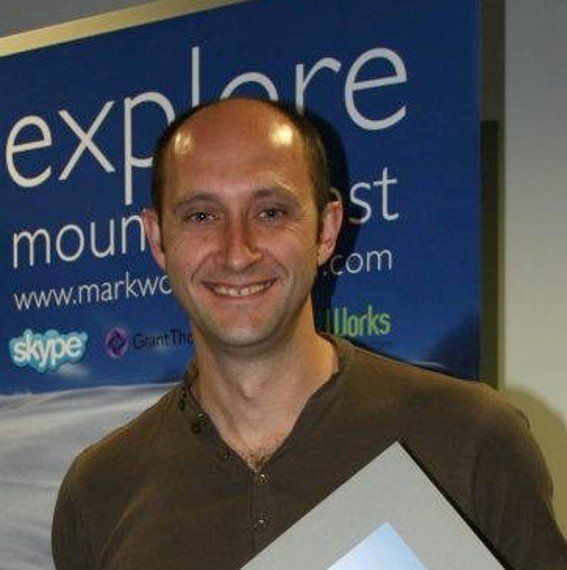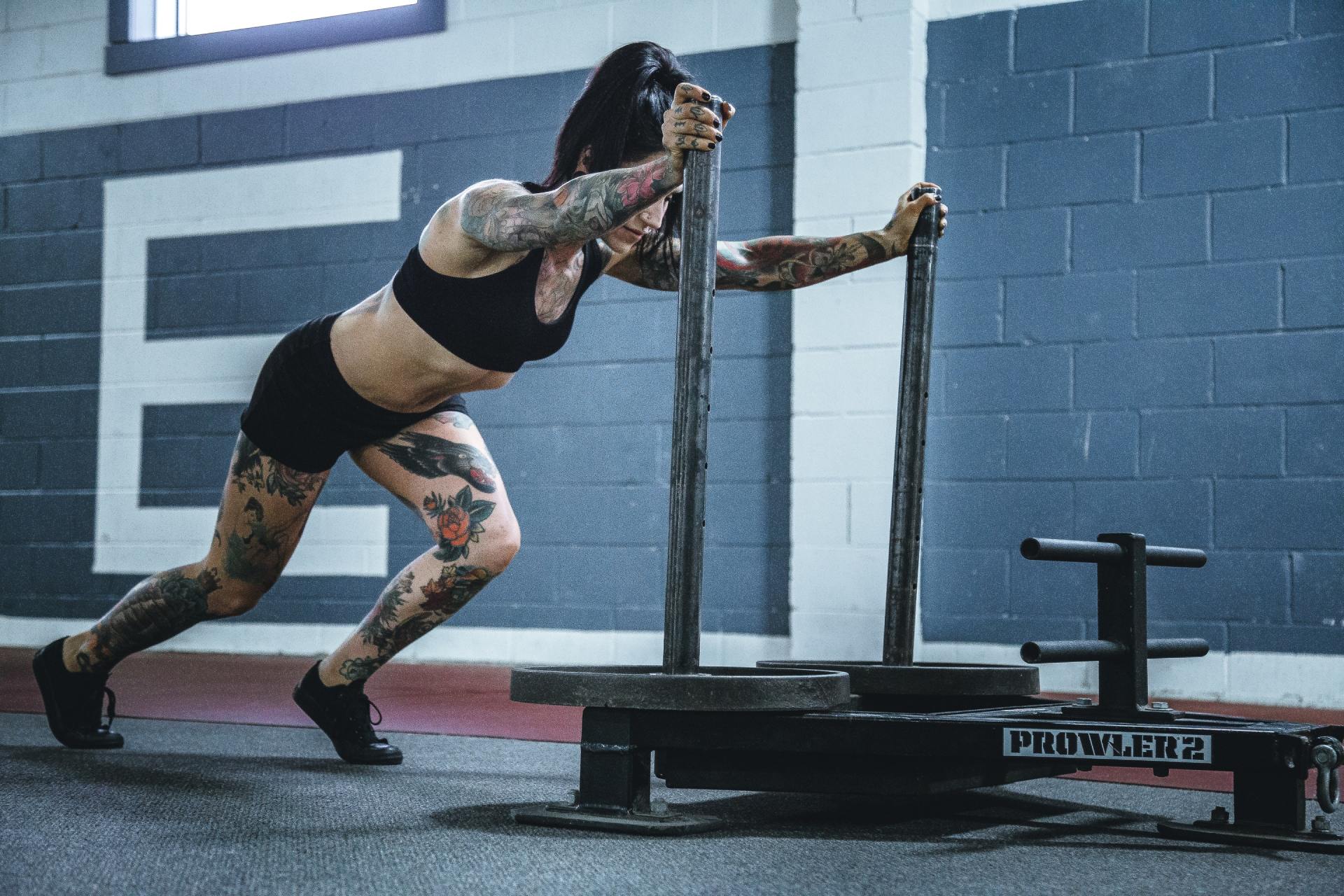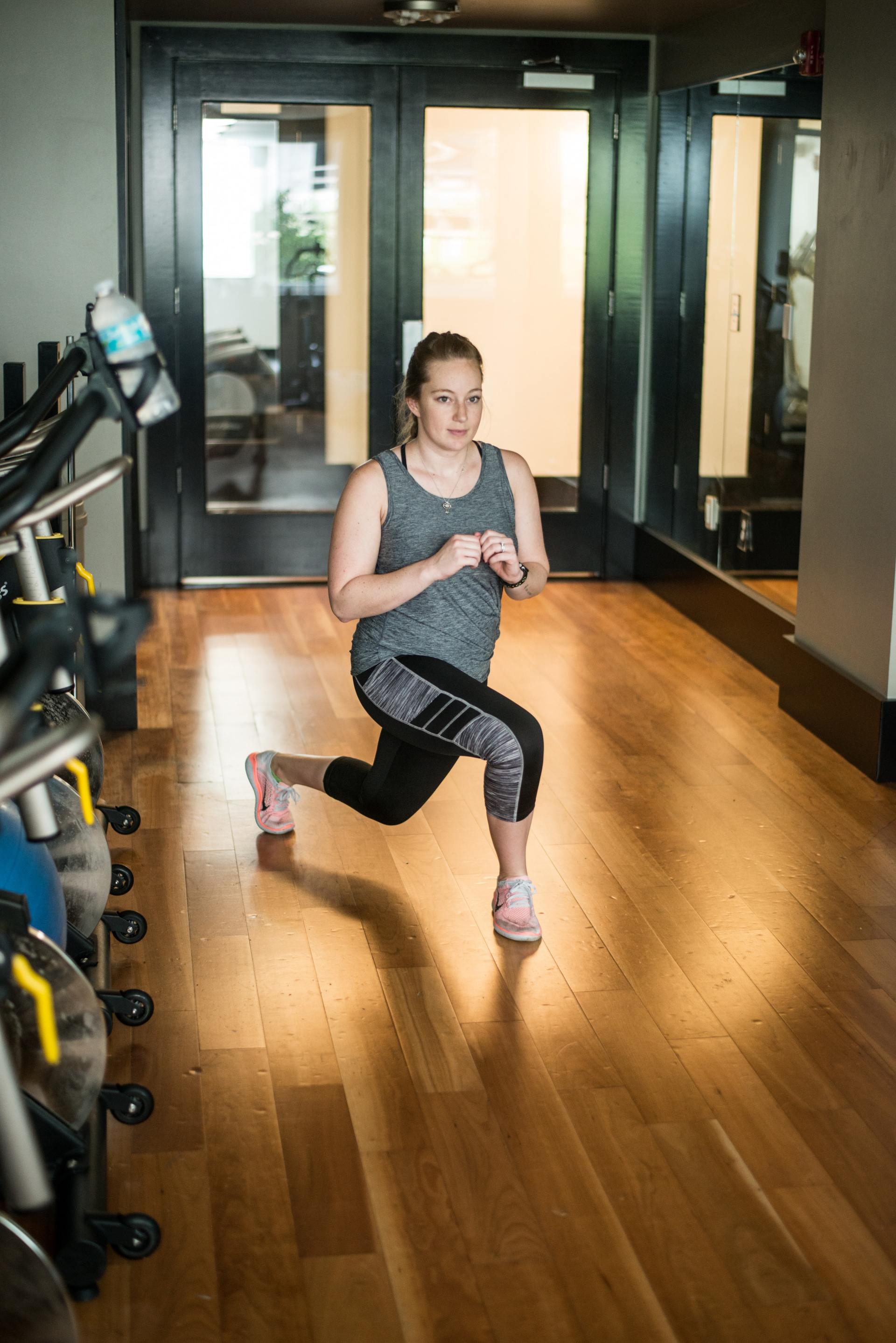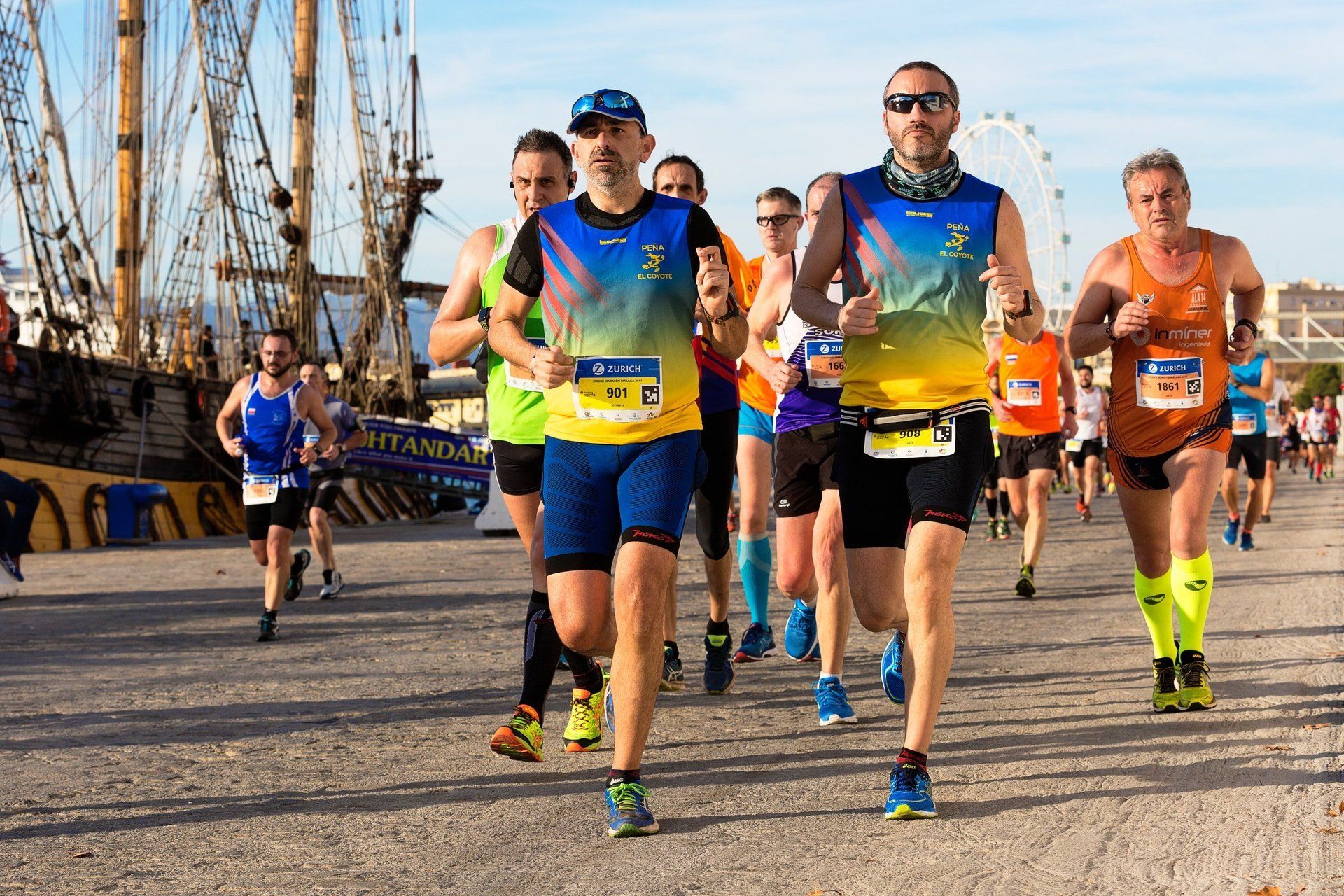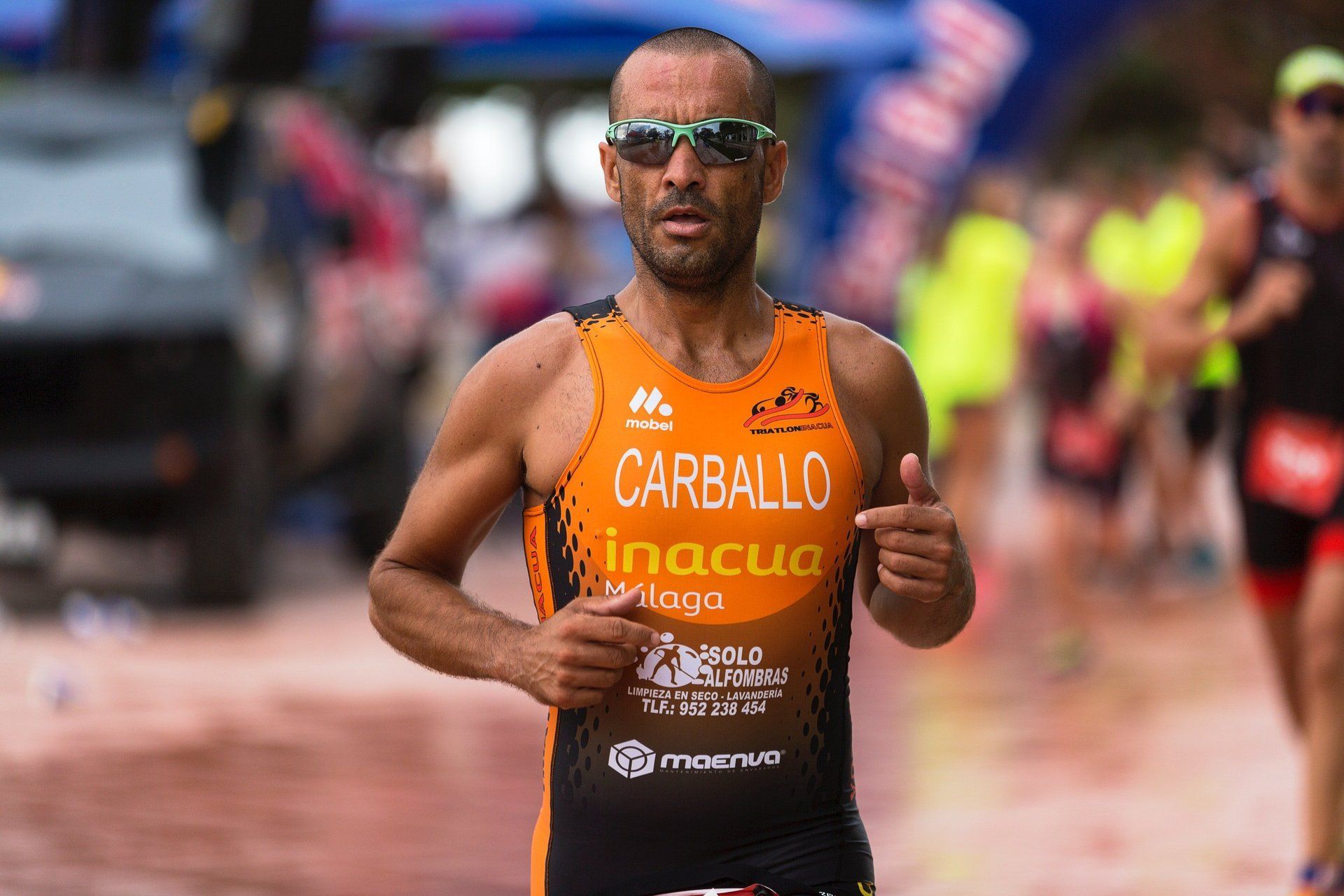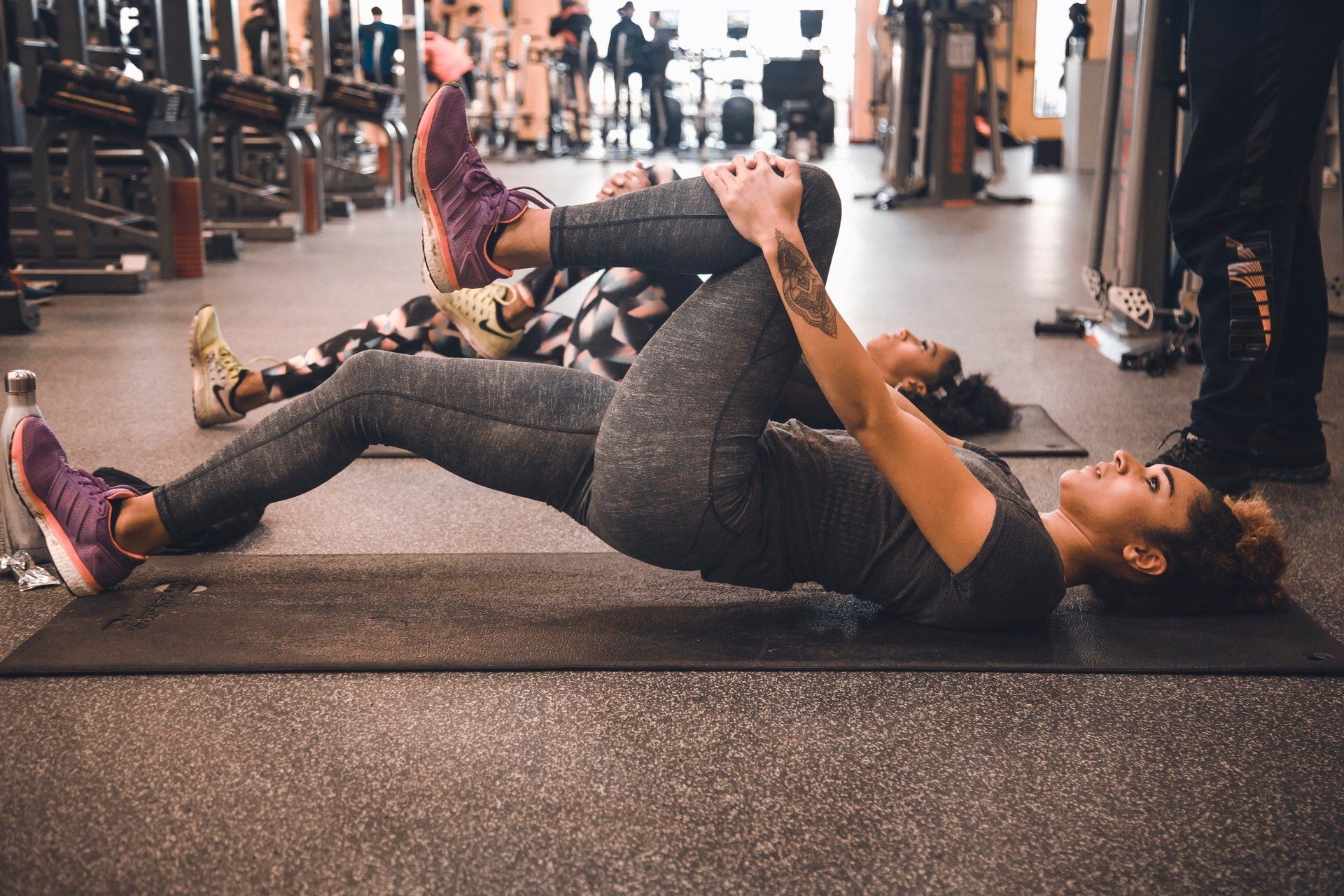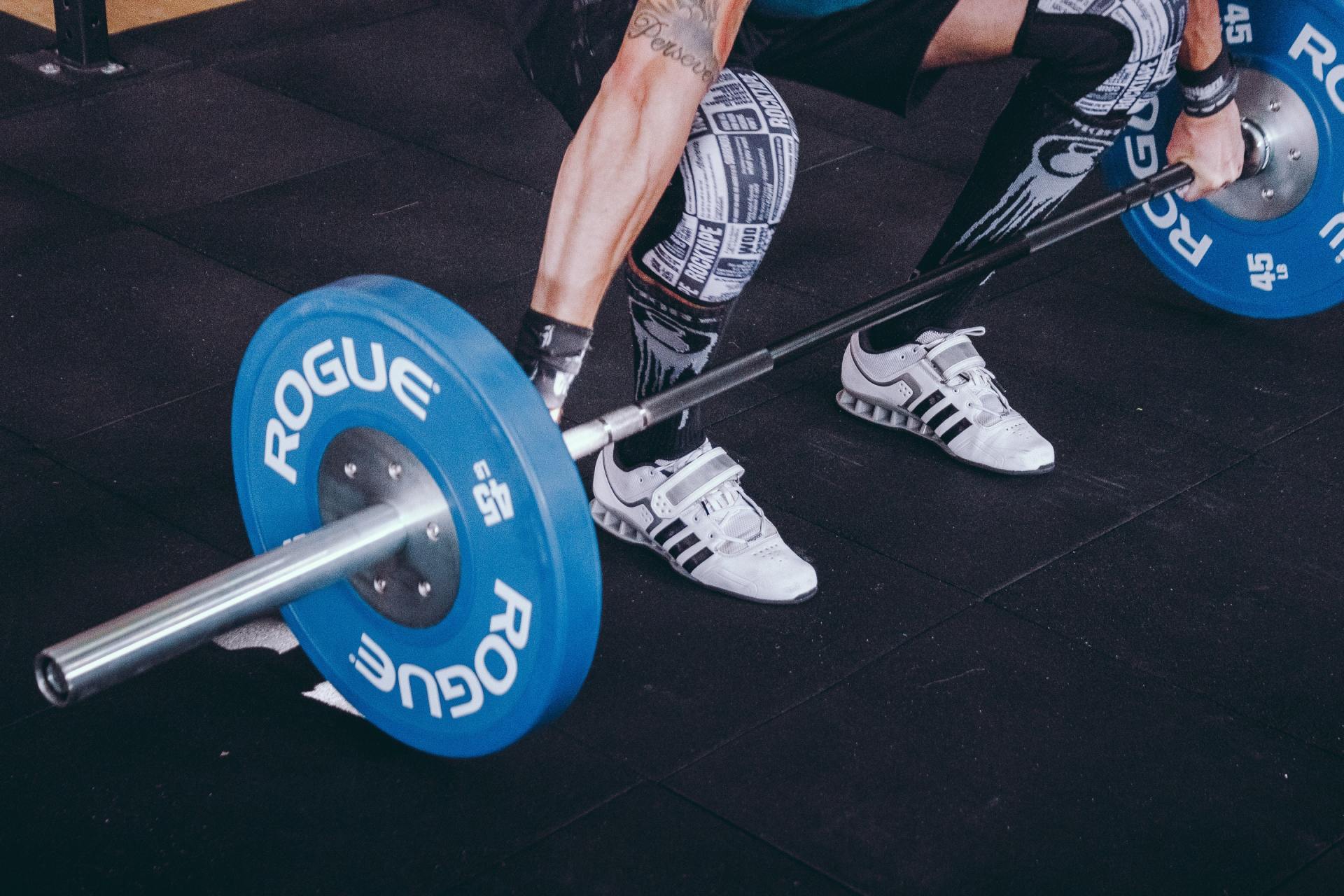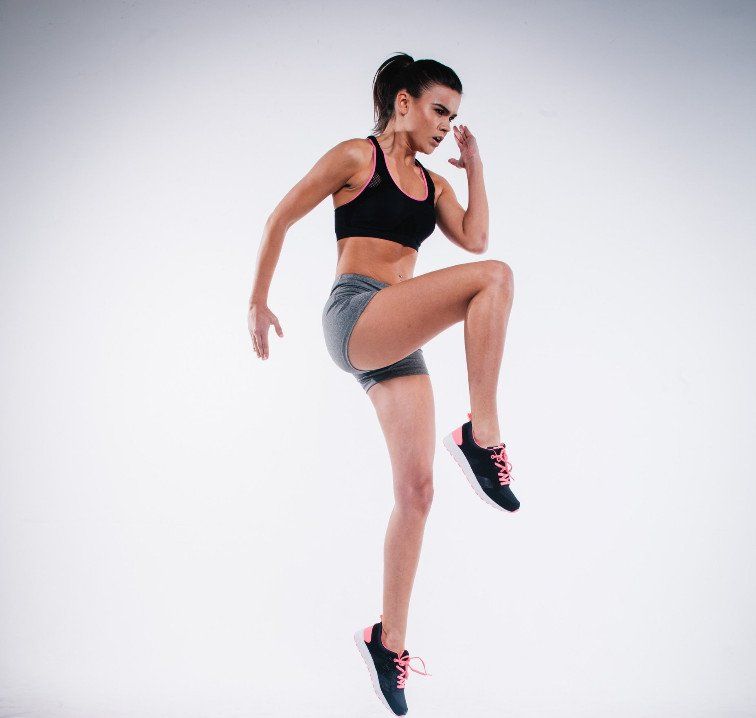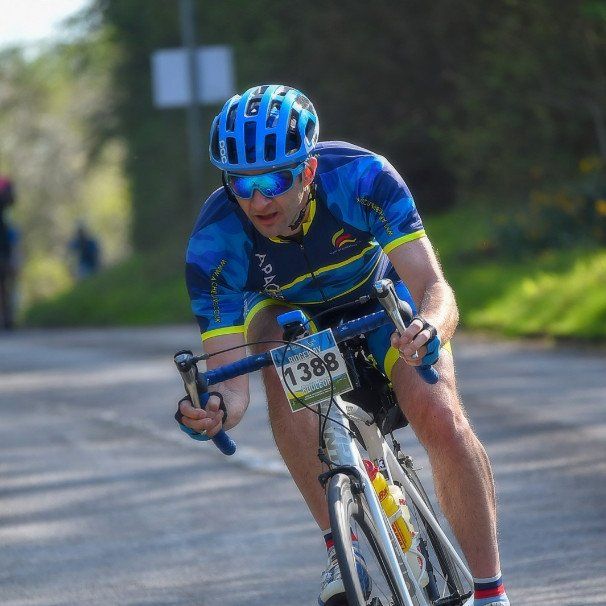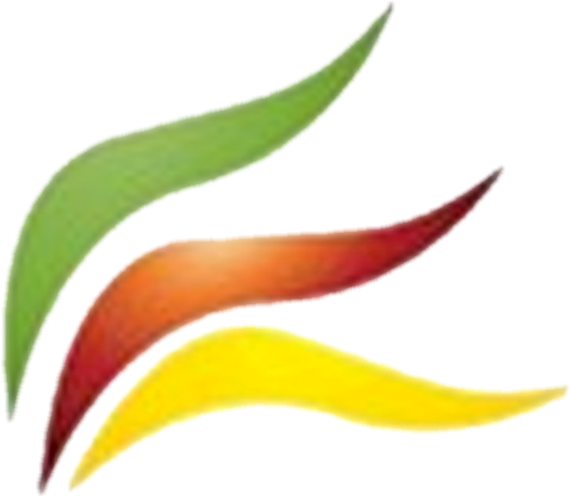
Apache Brave Sports Therapy
Mobile Sports Massage
Personal Training
Coventry | Warwickshire
ACL Injury and Rehabilitation
Introduction to ACL injury, symptoms and rehabilitation.
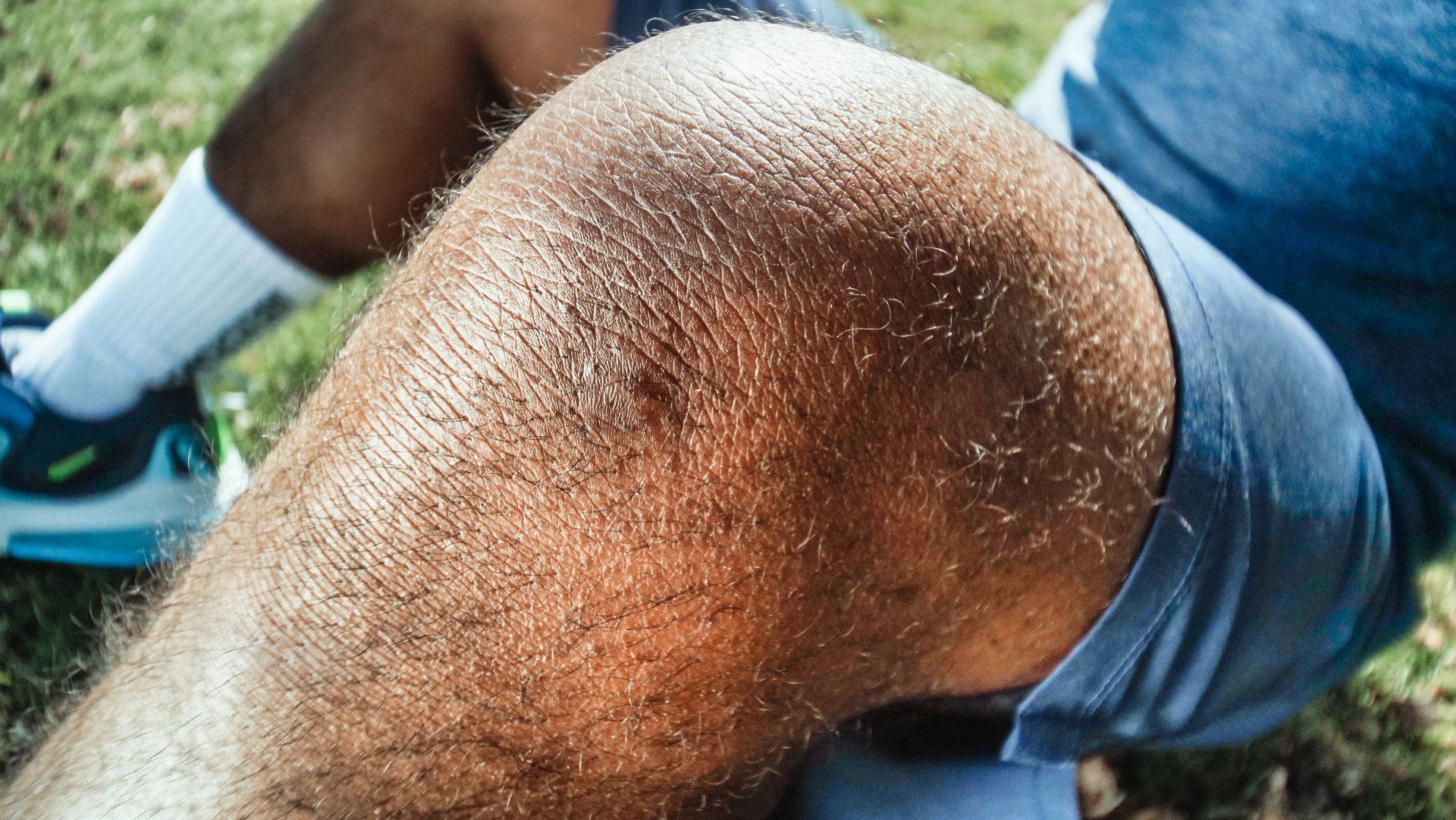
An ACL injury is a tear or rupture of the anterior cruciate ligament (ACL). The ACL is one of four major ligaments in the knee. It connects your thighbone to the shin bone and helps keep your knee stable. This can be caused by a sudden twisting movement or a direct hit to the knee, which causes the ligament to tear apart.
What is an ACL injury?
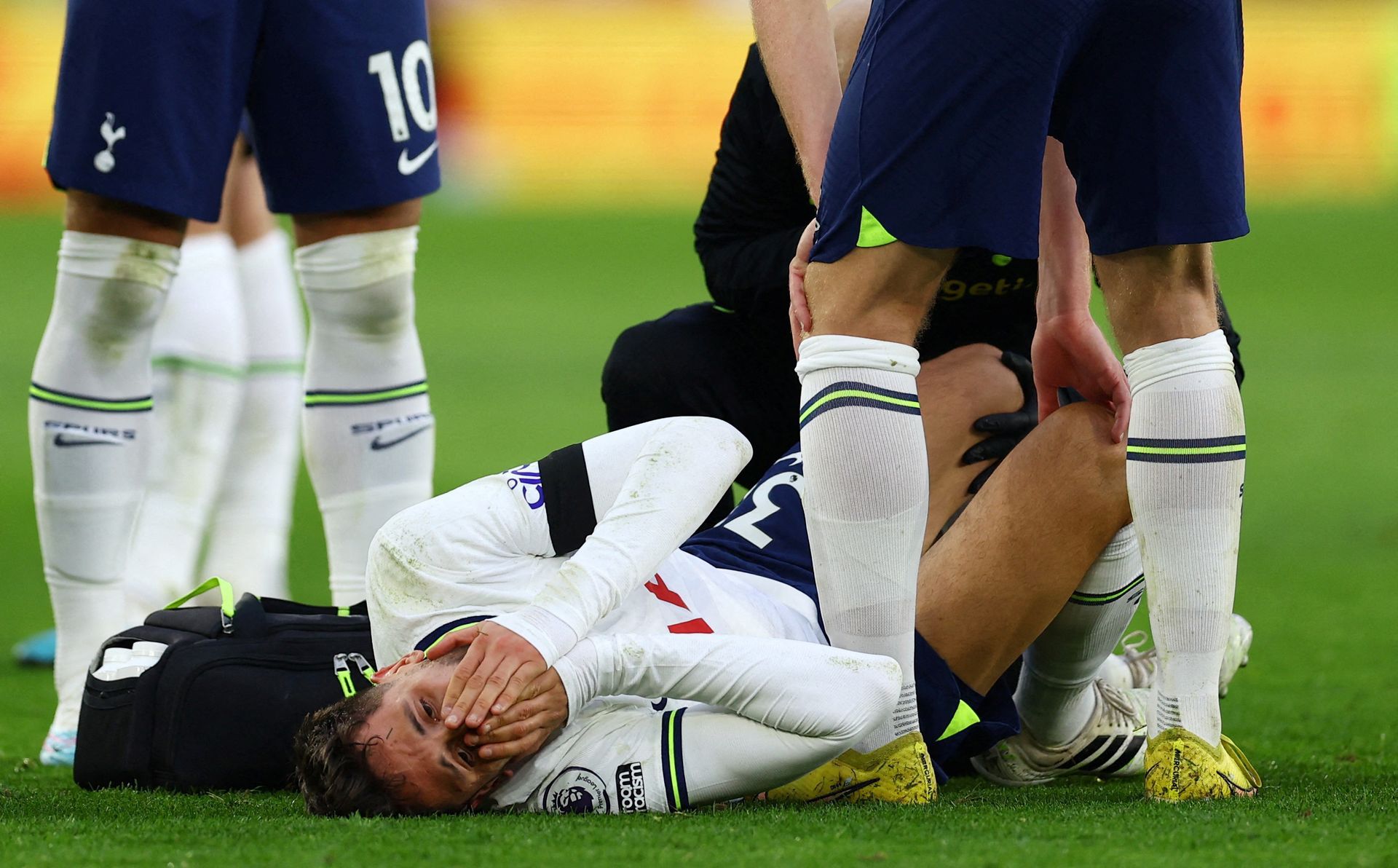
An ACL injury is a tear in the anterior cruciate ligament (ACL), which is one of the four major ligaments in your knee. The ACL connects to bone on one side and to muscle tissue on another side. It prevents overstretching of your knee joint, especially when you're running or jumping.
An ACL tear can happen when you twist or rotate your leg while it's planted firmly on the ground; for example, if someone trips you from behind or pushes you forward while standing still, causing your legs to move out from under you so that they land unevenly on either side of an obstacle such as stairs or curbstones (this is often called "posterior drawer"). You could also sustain an injury if someone kicks at your lower back while they are standing behind him/herself--a common scenario during basketball games--or if someone pulls hard enough while holding onto his/her wrist so that their body moves forward without realizing it until too late...
How do you know if you have a torn ACL?
- Pain
- Swelling
- Instability (giving way)
- Trouble walking or running, pivoting or cutting, kneeling or squatting and jumping or landing
What are the symptoms of an ACL injury?
If you have a torn ACL, it's likely that one or more of these symptoms will be present:
- Pain: The first sign of a torn ACL is usually pain in your knee. The pain may be mild, but it can also be severe enough to interfere with daily activities like walking and running.
- Swelling: Your knee will swell up after injuring yourself, which indicates that there is damage to the ligament or surrounding tissue. This can make moving around even more difficult because it increases the pressure on other parts of your leg as well as on nearby joints like ankles, hips and spine (since all are connected).
- Instability: People who suffer from unstable knees tend not only experience instability when walking but also notice popping sounds when doing so; this could indicate that something has gone wrong inside their joints due to excessive stress being placed upon them over time due lack mobility caused by weak muscles around those areas as well as poor balance resulting from inflammation/swelling due injury sustained earlier on during playtime activities involving jumping onto hard surfaces repeatedly without any breaks between intervals spent moving around quickly instead of resting adequately before trying again later once healed enough (if ever).

Who is at risk of tearing their ACL?
If you're active and play sports, you're at higher risk of tearing your ACL. This is because the more physical activity you do, the more likely it is that something will go wrong--and this includes running, jumping and landing.
If you have a family history of ACL injury (or if one of your parents does), then there's an increased chance that this could happen to you too. Similarly, if you have poor knee alignment or poor core strength as well as being overweight or obese, then this also increases your risk of sustaining an injury like this one.
What should I do if I tear my ACL during training?
If you have torn your ACL, seek immediate medical attention. Don't put weight on the leg, don't try to walk on it and don't attempt to run. If you can walk after an injury without any pain or instability in your knee joint then it is probably not a serious tear. But if there is pain, swelling and/or instability in the knee joint then it is best not to move around until further investigations take place by a doctor who specializes in sports injuries (orthopedic surgeon).
How are ACL injuries treated?
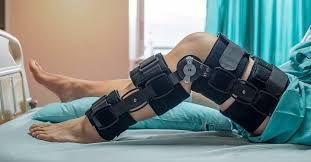
- Rehabilitation: The goal of rehabilitation is to restore full knee function and strength, as well as prevent further injury.
- Surgery: Surgery may be needed if you have a torn ACL, but only if the damage is severe enough that it can't be repaired with physical therapy alone. There are several different surgical options available; your orthopedic surgeon will work with you to determine which option is best for your specific injury and situation.
- Physical therapy: This involves restoring mobility back into your knee joint by strengthening the muscles around it so they can support its movements more effectively than before. You'll also learn exercises designed to improve stability throughout your lower body so that when one part moves another doesn't have to compensate (or vice versa). Your therapist will teach these exercises as part of an individualized rehab plan tailored specifically toward helping patients recover from ACL injuries as quickly as possible while still maintaining safe range-of-motion throughout all stages of recovery.* Core stability exercises: These focus on improving balance through strengthening core muscles such as those found between our hip bones (iliopsoas) or lower back region (erector spinae). This helps prevent overuse injuries caused by weak lateral ligaments around these areas where most people experience pain when doing squats because they lack proper control over their form during exercise routines.* Muscle strengthening exercises: These help strengthen surrounding muscles like quads/hamstrings so they can provide additional support during high impact activities such as running downhill or jumping onto boxes without fear of injuring themselves again in future workouts.* Return To Sport Afterward
How long does it take to recover from a torn ACL?
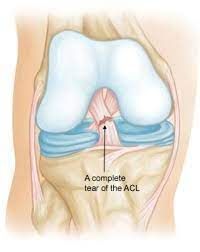
The recovery time from an ACL tear is dependent on a number of factors. The severity of your injury and whether or not you had surgery are two major ones.
The average recovery period for torn ACLs is 6-9 months, but this can vary depending on several things:
- How severe your injury was (for example, whether there was also damage to other ligaments)
- Whether or not you had surgery to repair it
Will I be able to return to sport following an ACL reconstruction or repair surgery?
ACL reconstruction and ACL repair surgery are not the same, and they both have different pros and cons.
ACL reconstruction is a surgical procedure where a tendon graft is used to replace the torn ligament. This can be done with either an autograft (the patient's own tissue) or allograft (a donor's tissue). The pros of ACL reconstruction include:
- it may help prevent osteoarthritis in the knee; this is because replacing your torn ligament with a new one provides stability to your knee joint so that you don't have as much wear-and-tear on other parts of your body over time
How can I best avoid further injury while I am recovering from a torn ACL?
You can best avoid further injury by protecting your knee. This means not putting unnecessary pressure on it and allowing time for recovery. Here are some ways to do that:
- Avoid high-impact activities such as running, jumping and squatting until you are fully recovered from surgery. Swimming and cycling are both low-impact exercises that can be done while recovering from an ACL tear. Cycling is also a great way to build strength in affected muscles without putting too much stress on the joint itself.
- Make sure that you stretch regularly before engaging in physical activity (especially if it involves movement of the legs). You should also stretch after working out because this helps loosen up stiff muscles; this will make exercising more enjoyable for you!
Learning more about your body, pushes you towards being self-aware and in control of your health and sport performance.
Learning more about your body, and what it needs to perform well, is important for your health and sport performance. By understanding the workings of your body, you can become more aware of what physical activity is best for you. This includes knowing which exercises are best suited to help improve your strength and mobility; as well as understanding when it's time to ease off or take a break from training because something hurts too much.
Learning more about yourself helps make sure that everything is working correctly so that you can get back into action as soon as possible after injury occurs!
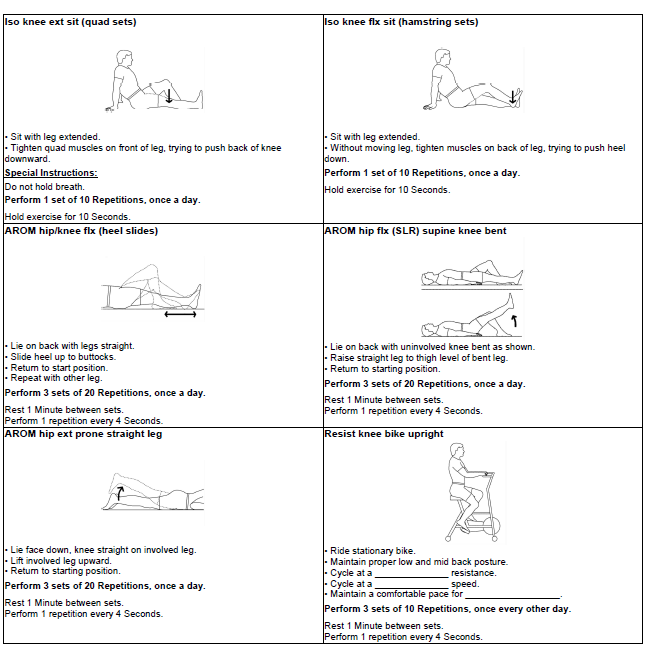
Conclusion, ACL Injury and repair
In conclusion, if you are looking to improve your sport performance, then it is important that you learn more about your body and how it works. This will help you become more self-aware and in control of your health as well as performance. Learning about your body can also help you to prevent injuries and be more aware of what is going on with your body. This will help you to prevent further injury and get back in action as soon as possible.
Get help from Apache Brave Sports Therapy Coventry, we provide excellent rehabilitation training plans to help you get back to sports, gain the knowledge and benefit from first hand experience of acl injury rehab with from our sports therapist Richard.
Richard Watson
Sports Therapist

Sports Massage
Personal Training
Posture Analysis
Corrective Exercises
Neck & Shoulder Pain | Lower Back
Knee and Leg Pain | Sciatica
Muscle stiffness | Groin and Hip Pain
Post Training Tightness | Non-Sports Injuries. and more...
Mobile Personal Fitness & Local Sports Massage Treatments near you:
Coventry, Kenilworth,
Leamington Spa, Warwick,
Balsall Common, Meridan,
Binley Woods, Tile Hill, Eastern Green,
Warwickshire and more
